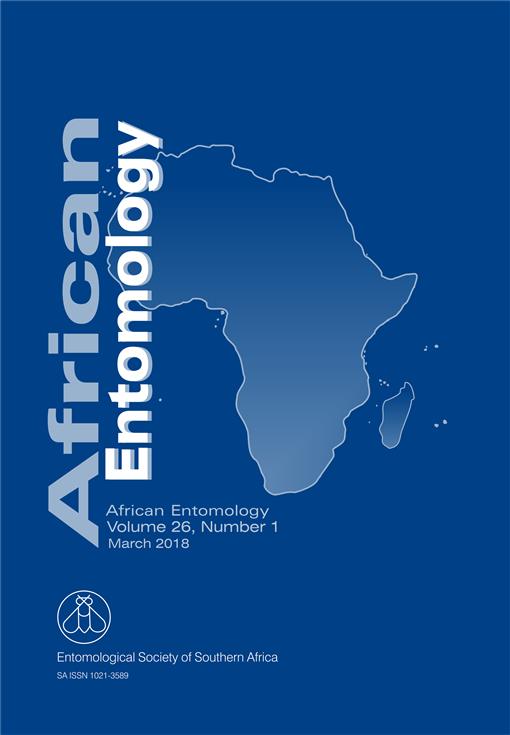The insecticidal action of two insect growth disruptors (IGDs): the chitin synthesis inhibitor, diflubenzuron, and the ecdysone agonist, chromafenozide, were evaluated against the house fly, Musca domestica, larvae. The LC25, LC50, and LC75 were used for each IGD. The total carbohydrate, protein and lipid contents were estimated, and the effects of these compounds on native protein, glycoprotein and lipoprotein patterns were investigated in third instar larvae (treated as second instars). Results of susceptibility tests demonstrated that chromafenozide is more toxic to the larvae than diflubenzuron. Application of the three lethal concentrations of diflubenzuron and chromafenozide to second instar larvae increased the total protein, carbohydrate and lipid contents in treated third instar larvae as compared to the control. The electrophoretic study revealed a reduction in native protein bands, as well as the appearance of new lipoprotein and glycoprotein bands in treated larvae. Results showed that both diflubenzuron and chromafenozide cause physiological disorders, biochemical changes as well as death of treated M. domestica larvae.
BioOne.org will be down briefly for maintenance on 17 December 2024 between 18:00-22:00 Pacific Time US. We apologize for any inconvenience.
How to translate text using browser tools
1 April 2018
Physiological and Biochemical Effects of Diflubenzuron and Chromafenozide on the House Fly, Musca domestica (Diptera: Muscidae)
R.M. Abdel-Gawad,
E.H. Ismail
ACCESS THE FULL ARTICLE
It is not available for individual sale.
This article is only available to subscribers.
It is not available for individual sale.
It is not available for individual sale.

African Entomology
Vol. 26 • No. 1
March 2018
Vol. 26 • No. 1
March 2018
insect growth disruptors
Musca domestica
protein electrophoresis
toxicity





